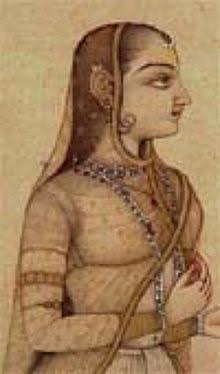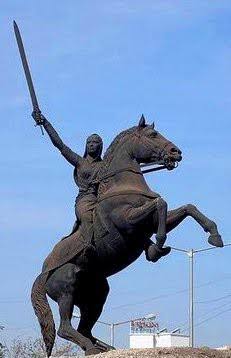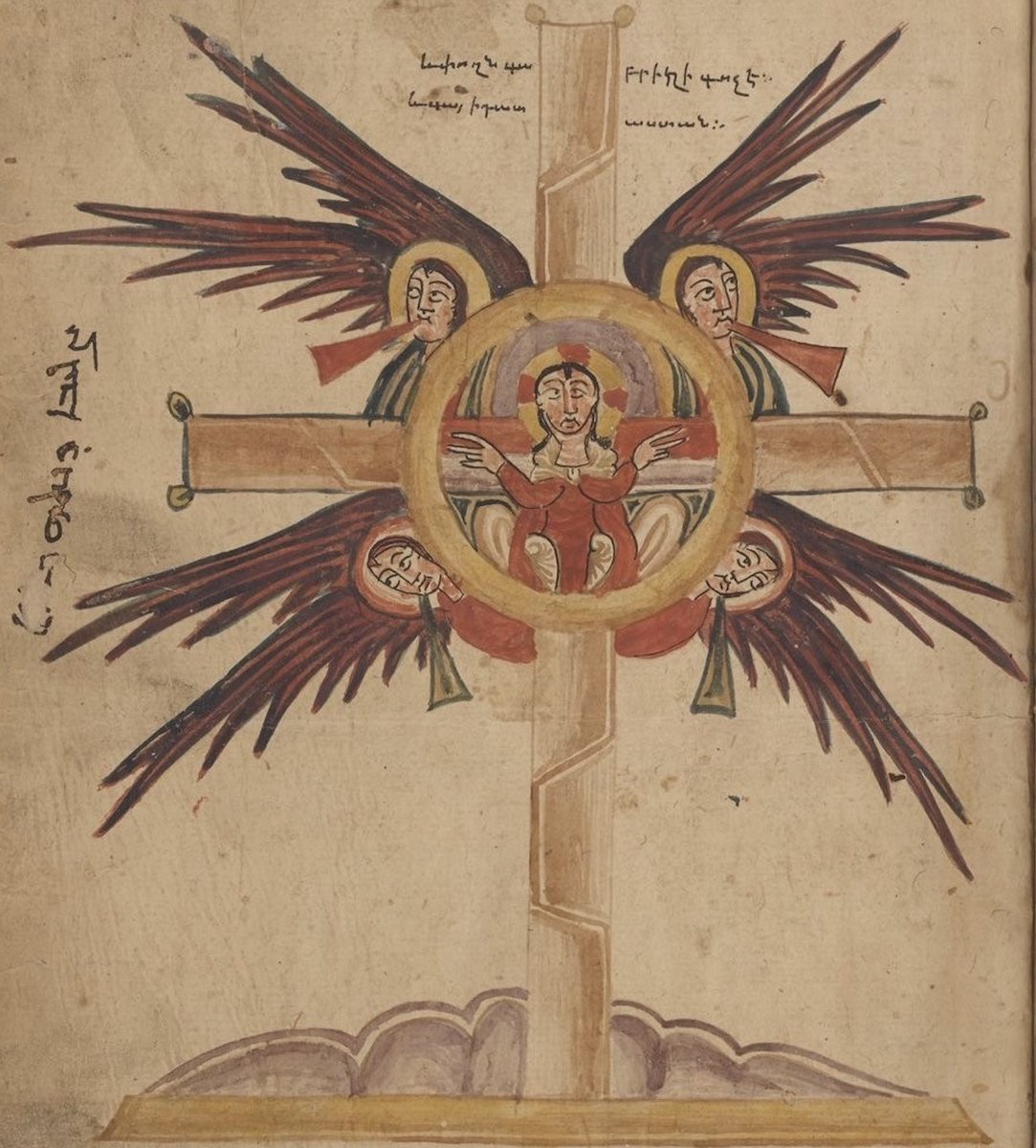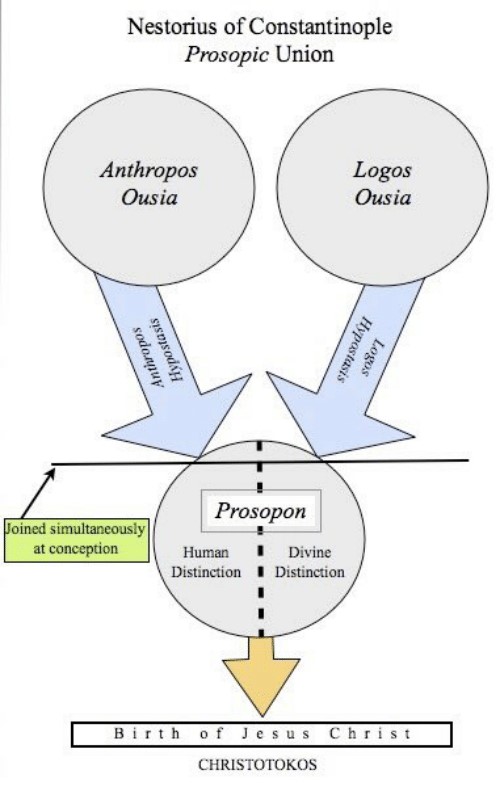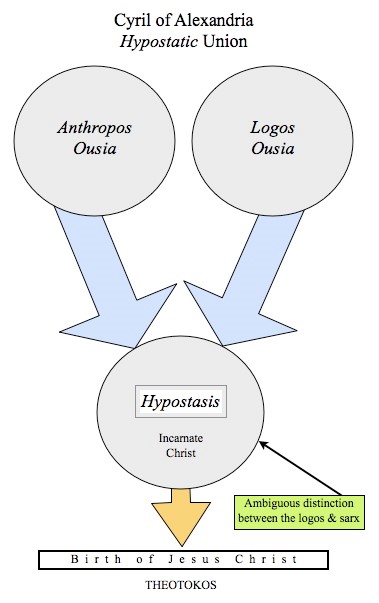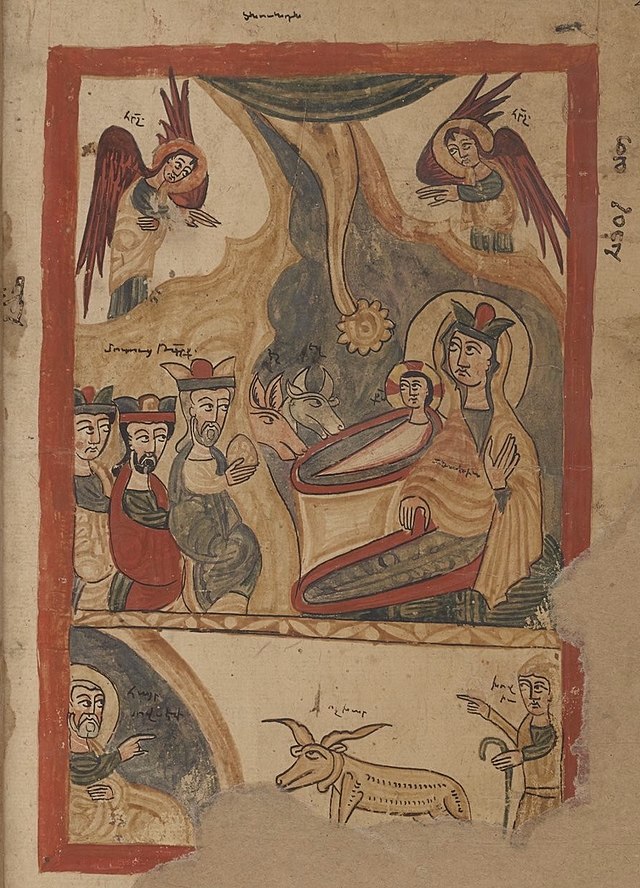In 1615, historian Richard M. Eaton quoted, "one observer estimated the Mughal's annual revenue at 120 million silver coins, compared to 45 million for the Ottoman Empire and just 15 million for the neighbouring Iran (Safavid)."
- India in the Persianate Age: 1000-1765, p. 371
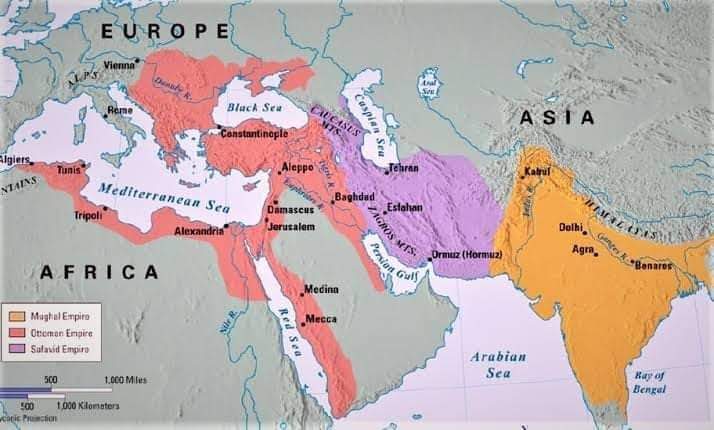
(Legendary Peacock Throne)
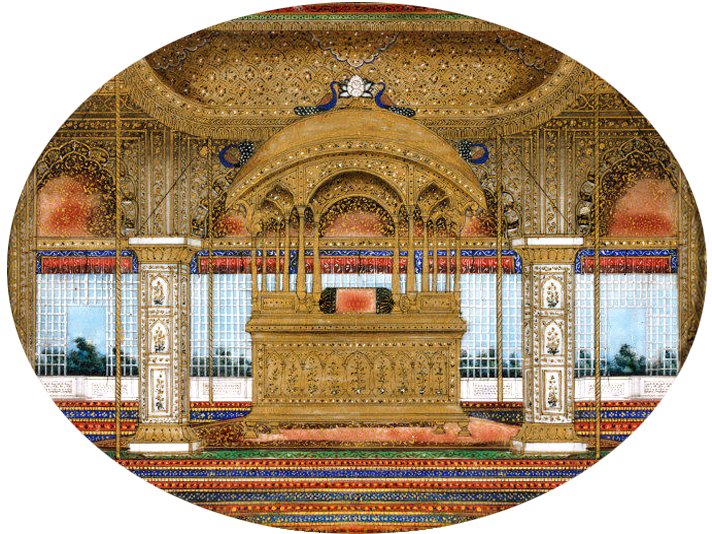
We have to study the conditions of Mughal citizens from the perspective of middle ages instead of modern era
As far concerns of living conditions of common man, the living standrads of Mughal citizens were higher than Eureopens.
- The Modern World-System III.
Mughals were holding 24 percent of world's population and was most industrliazed region on the face of earth.
https://t.co/rivkalYKXv
On 29 December, 1530 Mughal Crown Price Nas\u012br-ad-D\u012bn Muhammad ascended the Mughal throne by his regnal name Hum\u0101y\u016bn after three days of Emperor Babur's death. Humayun lost the Hindustan at hands of Sher Shah Suri after ruling Mughal Empire 9.5 years.#Mughals pic.twitter.com/AVvHcTM4OK
— Muhammad Safiullah (@nawab_safiullah) December 31, 2020
More from History
Folks who don't know history just tweet whatever they want.
On Feb 1935, Bose attacked the Nazis as he was angry as Indians were described as Sub-Humans in Mein Kampf. The British arrested Bose in April 1936, because he insulted the Nazis.
#Thread
The West at this point had a soft spot for the Nazis. France, Great Britain, Netherlands, Poland all gave the Nazi Salute during the 1936 Olympics in Berlin.
Even during the Spanish Civil War (1936 - 1939), the Western powers observed neutrality as the Fascists rose in Spain.
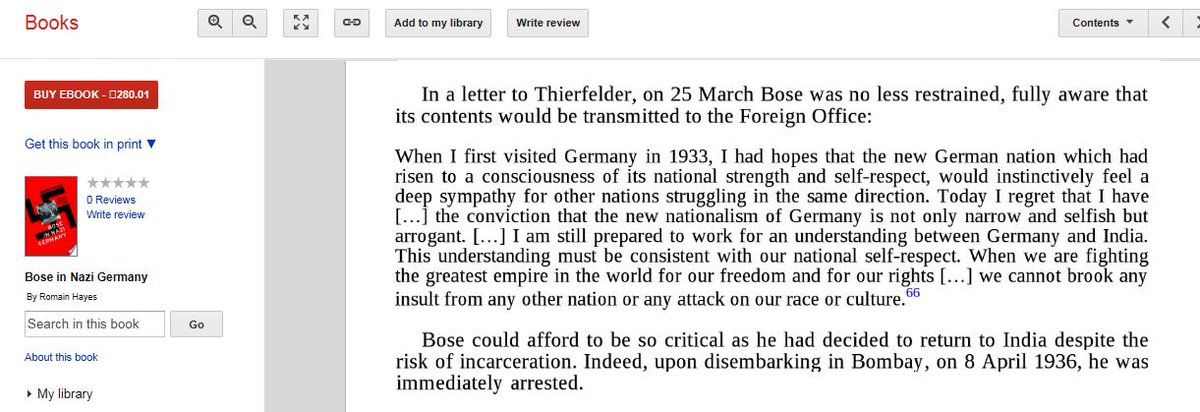
In 1937, Hitler told British Foreign Secretary Lord Halifax that one of his fav movies was ‘The Lives of a Bengal Lancer’. Why?
‘The Lives of a Bengal Lancer’ depicted a handful of "superior race" Brits holding sway over an entire Indian subcontinent (Sub-Humans).
"Shoot Gandhi. If necessary, shoot more Congress Leaders (Nehru & Bose)."
- Hitler to Lord Halifax, Britain's Foreign Secretary
This statement by Hitler in 1937 angered many pro-Leftist leaders of the INC including Bose.
Bose reached London in Jan 1938, and he met many leaders of the British Labour Party including Attlee.
1938 & 1939 were two huge years for the Indian National Congress. As i always say, the 10-year phase from 1938 - 1948 shaped modern India and it began in 1938 Haripura session.
On Feb 1935, Bose attacked the Nazis as he was angry as Indians were described as Sub-Humans in Mein Kampf. The British arrested Bose in April 1936, because he insulted the Nazis.
#Thread
So Neta ji actually believed the Nazis could deliver freedom to India & its people?
— SonaliRanade (@sonaliranade) January 23, 2021
How can thinking Indians accept and eulogise such a gross error of judgement on the part of Bose is simply beyond me.
Not wonder Charlatans con us in the name of faux patriotism.
The West at this point had a soft spot for the Nazis. France, Great Britain, Netherlands, Poland all gave the Nazi Salute during the 1936 Olympics in Berlin.
Even during the Spanish Civil War (1936 - 1939), the Western powers observed neutrality as the Fascists rose in Spain.

In 1937, Hitler told British Foreign Secretary Lord Halifax that one of his fav movies was ‘The Lives of a Bengal Lancer’. Why?
‘The Lives of a Bengal Lancer’ depicted a handful of "superior race" Brits holding sway over an entire Indian subcontinent (Sub-Humans).
"Shoot Gandhi. If necessary, shoot more Congress Leaders (Nehru & Bose)."
- Hitler to Lord Halifax, Britain's Foreign Secretary
This statement by Hitler in 1937 angered many pro-Leftist leaders of the INC including Bose.
Bose reached London in Jan 1938, and he met many leaders of the British Labour Party including Attlee.
1938 & 1939 were two huge years for the Indian National Congress. As i always say, the 10-year phase from 1938 - 1948 shaped modern India and it began in 1938 Haripura session.









